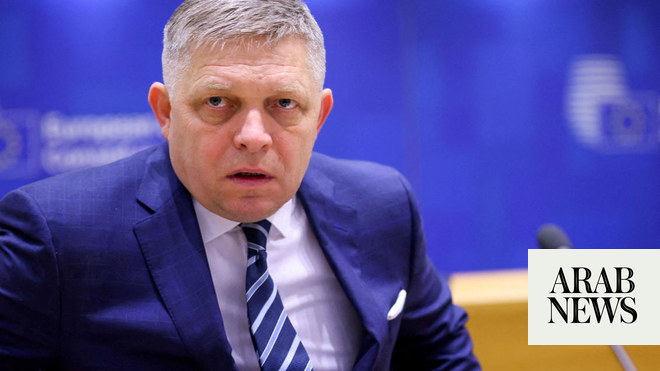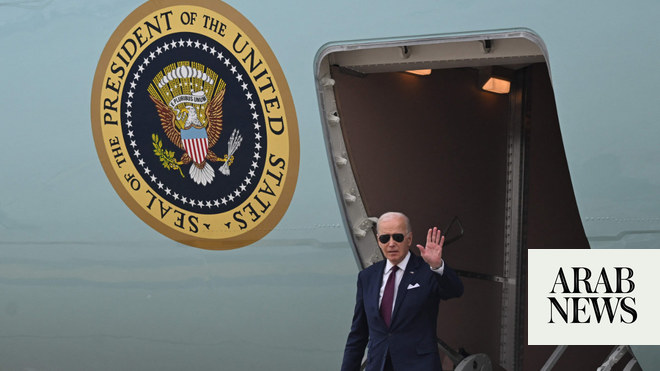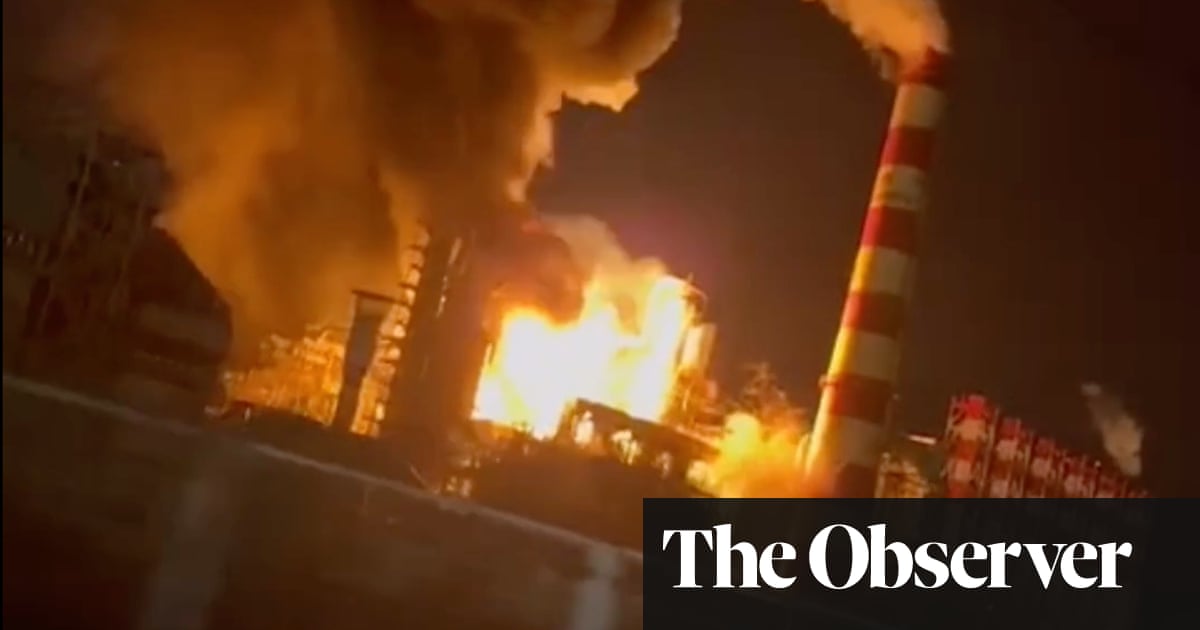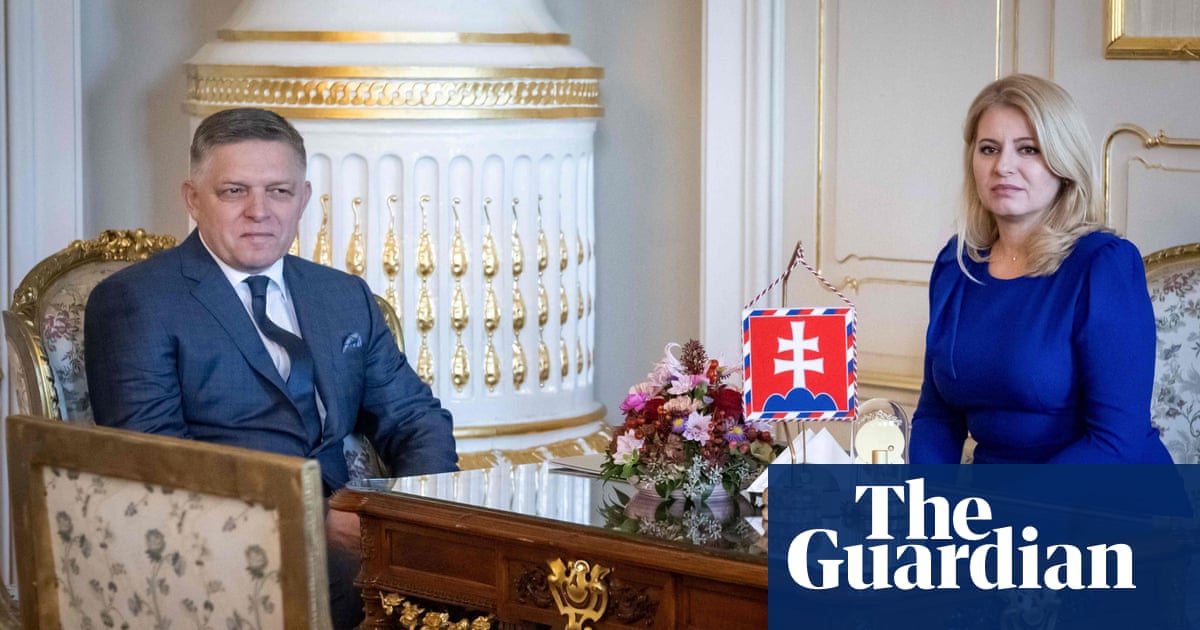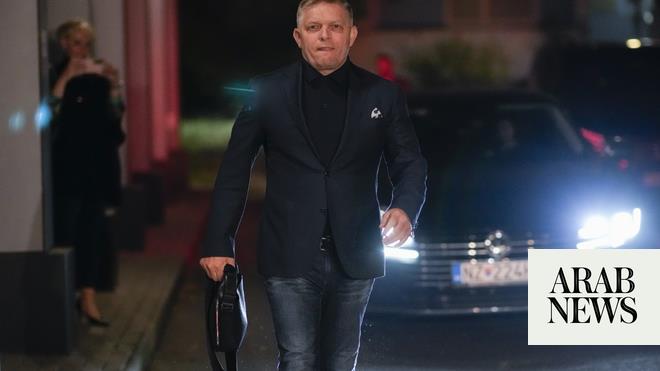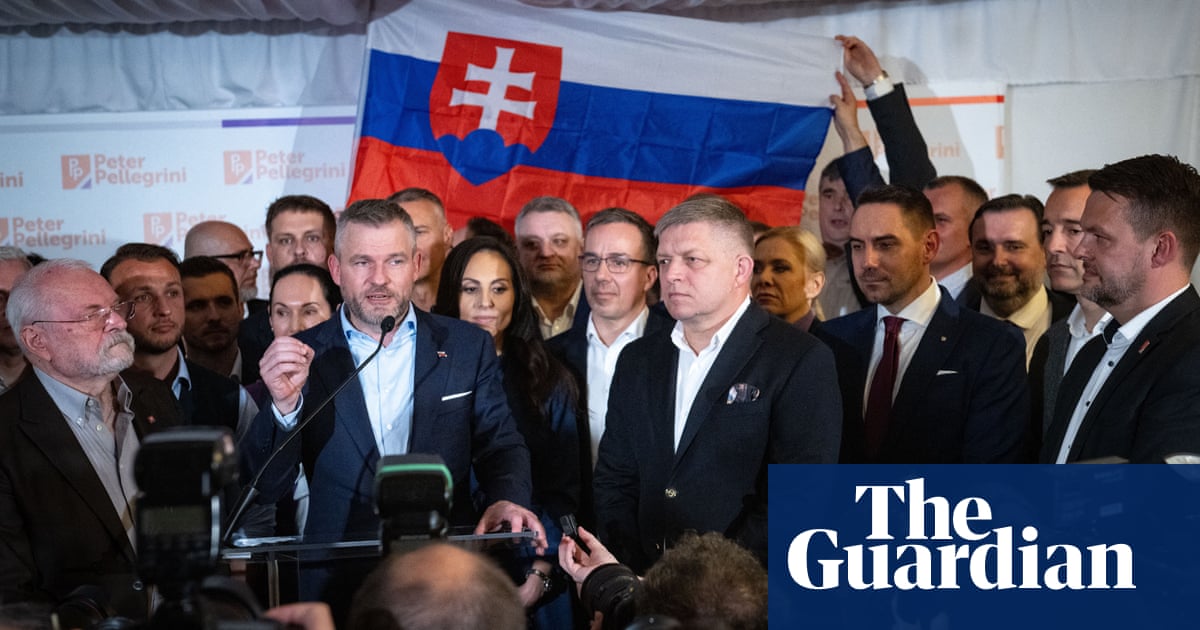
It is easy to forget that in June 2021 the Ukrainian Football Association was ordered to remove the words “Glory to the Heroes” from its European Championship shirt after Russia – yes, that Russia – had complained it found the slogan to be upsettingly aggressive and militaristic in tone.
Eight months later the same Russia, no doubt still averting its nose from all things militaristic, would invade Ukraine’s eastern border and start a war that has killed at least 11,000 Ukrainian civilians and tens of thousands of its own soldiers. They did at least get the slogan changed, so there’s that.
Three years on Uefa remains committed to the oxymoronic impossibility of keeping politics out of football, even as this summer’s European Championship looks set to dish up another unavoidably nuanced sporting-geopolitical event.
As of last weekend we have another plot twist. Again it’s Ukraine, and again this is a case of sport showing us what is already there; war minus the shooting, but also, it has to be said, quite adjacent to the shooting.
In outline a Group E meeting of Ukraine and Slovakia at the Merkur Spiel-Arena in Düsseldorf on 21 June looks like standard early-tournament porridge. Neither team are expected to reach the knockout stage. This is not a sporting rivalry of note. The two countries have historically good relations, right up to Slovakia’s initial fraternal response to Russia’s invasion, which saw its military air force immediately placed at Kyiv’s disposal.
This has now changed. Victory for Peter Pellegrini in the Slovakian presidential run-off last Saturday follows the more significant triumph in last year’s parliamentary elections for prime minister Robert Fico’s coalition. Fico and Pelligrini are allies. Both are opposed to military aid to Ukraine and routinely described as pro-Moscow.
Cut forward to Düsseldorf in June and for the first time since the full-scale invasion Ukraine will play football against a nation supportive of Vladimir Putin, led by a prime minister who has in the past blamed the war on “Ukrainian Nazis and fascists murdering Russian civilians”.
Uefa’s official motto for the coming corporate-sporting summer jamboree is United by Football. United in the Heart of Europe (nothing says late-night marketing committee squabbles quite like a full-stop plonked in the middle of your slogan of unity). Good luck with that one chaps. Perhaps if we could all just not mention the Nazis and fascists for a bit.
There is an obvious point of tension here. For Ukraine the Euros provides a natural platform to display both its defiance in the face of war and its European identity, the Uefa-as-footballing-EU dynamic.
“Our mission is to show that we’re all alive and fighting against the Russians and that we need Europe’s support,” Serhiy Rebrov told the TV cameras before the playoff final against Iceland. Afterwards the “Z-S-U” chant could be heard echoing the stadium, an acronym for the armed forces of Ukraine. “When the enemy tries to destroy us, we demonstrate every day that Ukrainians are and will be. Glory to Ukraine!” Volodymyr Zelenskiy’s X account posted after the game. Clearly this is not simply football. Why would it be?
There will be only support and shared messaging when Ukraine face their other Group E opponents, Belgium and Romania. But how is this going to play in Düsseldorf against a nation whose prime minister’s first acts in power included halting all Slovak army military supplies to Kyiv, who believes Putin has been “unfairly demonised” and that Ukraine is “under the total influence and control of the United States”?
It is worth bearing two things in mind. First, Fico has maintained a friendly dialogue with Kyiv, and even pledged unexpected support, cooperation and dialogue this week. And second there is a sense he may simply be speaking to his domestic electorate when he makes statements in support of Putin; that in power he needs to act like an EU prime minister. The most likely outcome is sill for the match to pass off without serious ripples.
But the rhetoric still lingers, and there is genuine unease in Ukraine at this outcome. Oleksandr Glyvnysky, president of the association of sports journalists of Ukraine, is optimistic in that sense. “Despite the views of their politicians and people who support these politicians, Ukrainian football players and fans see this meeting as a sports competition. Without political overtones. At least for now.
“Obviously the fact Slovakia elected a president who is pro-Russian is very surprising to us Ukrainians. It is surprising how a country within Europe cannot objectively assess the situation. The question arises: is Slovakia under the influence of Russian propaganda?
“But it also shows that the Slovaks are probably not particularly interested in what is happening in Europe and probably believe that Ukraine is to blame for the war going on for so long. Therefore, I would like to tell everyone who thinks so, that the war has been going on for so long because Russia does not stop bombing Ukraine every day and wants to destroy its people, and Ukrainians are protecting their land, their children, women, and culture from a savage medieval aggressor. Ask yourself if you would stop defending Slovakia if the enemy attacked you, occupied part of the territory and wanted to go further to destroy your nation?”
It is worth noting that Slovakia are not alone in offering a Russia-facing presence at these Euros. Hungary maintains fond relations. Recep Tayyip Erdoğan is planning his next meeting with Putin (strongman to strongman: it’s complicated). Intriguingly, it could have been Belarus instead of Romania in Group E had qualifying gone differently, obliging Ukraine to play against a nation that willingly assisted the invasion of its borders. Unite in the heart of Europe! Or something.
The hawkish background feels like a note of dark historical irony for a competition born out of a spirt of postwar internationalism. Uefa itself was founded with an echo of the Europhile leanings of Henri Delaunay, its first general secretary, who was hugely enthused by the ideals of the European Coal and Steel Community, and who saw some kind of parallel role for sport as a force for unity.
His successor Aleksander Ceferin has seemed increasingly tetchy in recent months, stretched thin by a roster of existential issues. Ceferin has announced, unexpectedly, that he will be leaving his post in 2027. Right now he seems less invested in power, legacy and complete control of the message than the oleaginous enabler Gianni Infantino. It will be fascinating to see how Uefa copes with of any genuine public friction. “Let’s be optimistic,” Ceferin offered up a few weeks ago. “I still think everything will be fine.”




